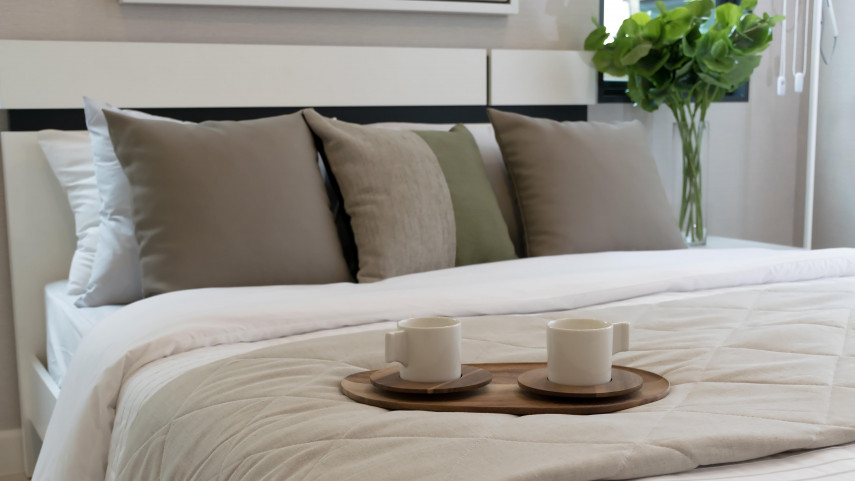
Plan change focuses on rules for Airbnb-type accommodation

Share this story
A Christchurch City Council committee is supporting moves to change the rules in the Christchurch District Plan relating to Airbnb-type accommodation.
The proposed changes may also affect other providers of short-term visitor accommodation such as serviced apartments, motels and hotels.
The Urban Development and Transport Committee today agreed to publicly notify Proposed Plan Change 4 which is aimed at helping the Council to more effectively manage the impacts of short-term accommodation on residential and rural areas.
“The proposed changes to the District Plan seek to strike a balance between enabling business and tourism activities in Christchurch, including allowing the more flexible use of homes, while maintaining the pleasant neighbourhood feel in residential areas and supporting strong and resilient communities,’’ says Councillor Mike Davidson, Chair of the Urban Development and Transport Committee.
“When the proposed Plan Change is publicly notified I would really encourage people with an interest in this issue to put in submissions so that we can consider all viewpoints before we make a final decision on how to proceed,’’ Cr Davidson says.
The Proposed Plan Change will be publicly notified on 24 September. People will have until 22 October to make submissions.
The Proposed Plan Change introduces a new objective and several new policies that establish what types of visitor accommodation can occur in the different zones of the city and under what circumstances.
Under the Proposed Plan Change, in most residential zones visitor accommodation in a house or unit, when a host is not in residence, would be a ‘Controlled activity’ if it was only being used for up to 60 nights a year. This means a resource consent would still be required, but the Council could not decline the application. It could only put conditions on the consent.
If the unit or house is being used as visitor accommodation for 61 to 180 nights of the year, it would be a ‘Discretionary activity’. This means a resource consent is required and the Council can consider any environmental effects including impacts on neighbours such as noise, traffic movements, access etc.
If the unit is being used as visitor accommodation for more than 180 nights a year, it would be a ‘Non-complying activity’. This means a resource consent is required and Council can only grant the consent if environmental effects will be minor. Any impacts must also not be contrary to the District Plan’s objectives and policies.
In rural zones, visitor accommodation in a residential unit, when a host is not in residence, would be a permitted activity (no resource consent required) for up to 180 nights a year, subject to the operator keeping records and providing them to the Council. More than 180 nights a year unhosted would still require a resource consent.
